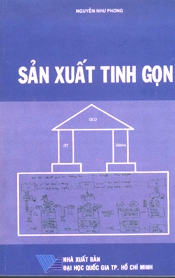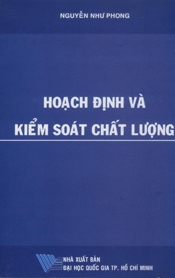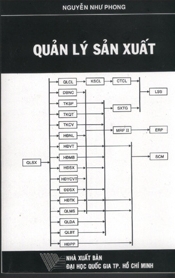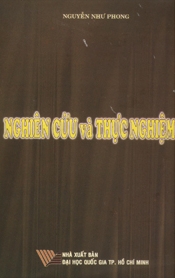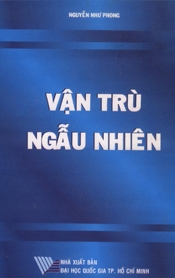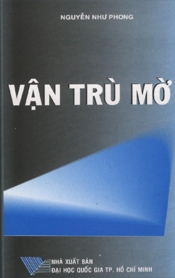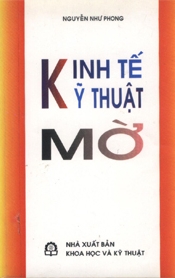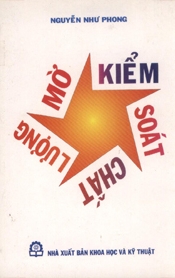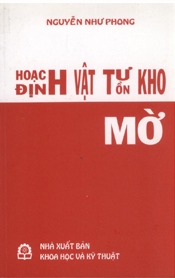
| Demand Forecasting and Production Planning for Highly Seasonal Demand Situations. |
|
Demand Forecasting and Production Planning for Highly Seasonal Demand Situations. MRPII 79 Pisal Yenradeea,*, Anulark Pinnoib and Amnaj Charoenthavornyingb a Industrial Engineering Program, Sirindhorn International Institute of Technology, Thammasat University, Patumtani 12121, Thailand. b Industrial Systems Engineering Program, School of Advanced Technologies, Asian Institute of Technology, P.O. Box 4, Klong Luang, Patumtani 12120, Thailand. * Corresponding author, E-mail: Địa chỉ email này đã được bảo vệ từ spam bots, bạn cần kích hoạt Javascript để xem nó. Received 24 May 2001 Accepted 27 Jul 2001 ABSTRACT This paper addresses demand forecasting and production planning for a pressure container factory in Thailand, where the demand patterns of individual product groups are highly seasonal. Three forecasting models, namely, Winter’s, decomposition, and Auto-Regressive Integrated Moving Average (ARIMA), are applied to forecast the product demands. The results are compared with those obtained by subjective and intuitive judgements (which is the current practice). It is found that the decomposition and ARIMA models provide lower forecast errors in all product groups. As a result, the safety stock calculated based on the errors of these two models is considerably less than that of the current practice. The forecasted demand and safety stock are subsequently used as inputs to determine the production plan that minimizes the total overtime and inventory holding costs based on a fixed workforce level and an available overtime. The production planning problem is formulated as a linear programming model whose decision variables include production quantities, inventory levels, and overtime requirements. The results reveal that the total costs could be reduced by 13.2% when appropriate forecasting models are applied in place of the current practice. KEYWORDS: demand forecasting, highly seasonal demand, ARIMA method, production planning, linear programming, pressure container factory.
|



